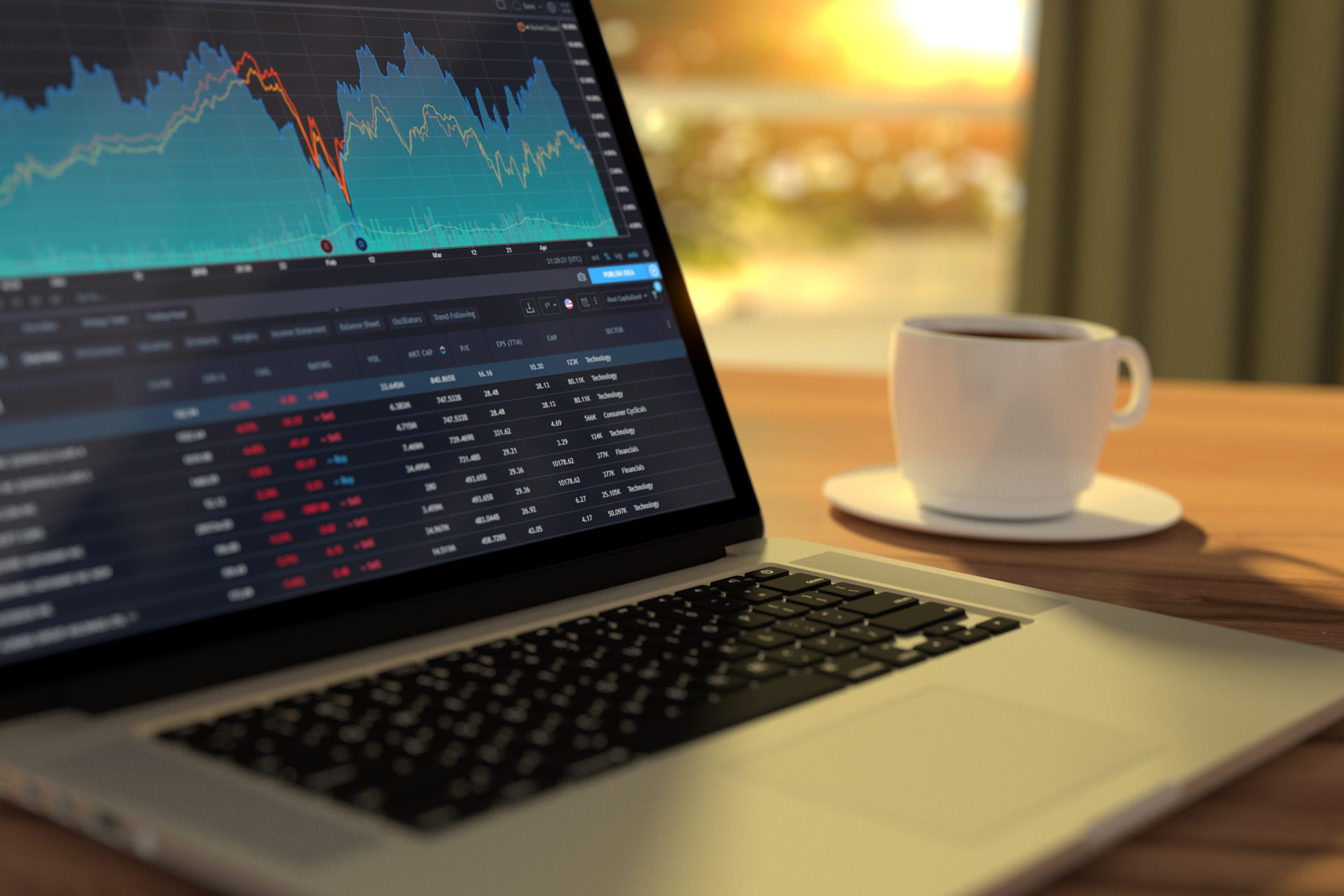Stock Valuation Methods In Forex
What are the 3 methods of stock valuation? Forex, or foreign exchange, is the market where international currencies are traded. Forex valuation methods are used to price these currency pairs and determine which ones are undervalued or overvalued.
The most common stock valuation method is the fundamental analysis. Forex traders who use this method look at a country's economic indicators to decide whether its currency is undervalued or overvalued. Other factors that can affect forex valuations include political stability, central bank policies, and global events.
Technical analysis is another stock valuation method that Forex traders use. This approach looks at past price patterns to predict future movements. Technical analysts believe that all relevant information is reflected in a stock's price, so there is no need to look at anything else.
Some Forex traders use a combination of both fundamental and technical analysis when making their decisions. Others rely on instinct or gut feeling. Ultimately, it is up to the individual trader to decide which method or combination of methods works best for them.
What are the 3 methods of stock valuation?
The three most common stock valuation methods are fundamental analysis, technical analysis, and a combination of both. Forex traders who use fundamental analysis look at a country's economic indicators to decide whether its currency is undervalued or overvalued. Technical analysts believe that all relevant information is reflected in a stock's price, so they only look at past price patterns to predict future movements. Some Forex traders use a combination of both fundamental and technical analysis when making their decisions.
Which method is used for the valuation of stock?
There are a number of methods that can be used for the valuation of stock, including Forex valuation methods. Some common methods include:
-Price to earnings (P/E) ratio
-Price to book (P/B) ratio
-Price to cash flow (P/CF) ratio
-Dividend yield
Each method has its own advantages and disadvantages, so it is important to select the most appropriate method for the situation. For example, the P/E ratio may be more useful for growth stocks, while the dividend yield may be more suitable for value stocks.
Forex valuation methods can be useful for stocks that are traded on foreign exchanges. These methods take into account the exchange rate between the two currencies, which can impact the value of the stock.
When selecting a method for stock valuation, it is important to consider the purpose of the valuation. For instance, if the goal is to invest in a particular stock, then a different method may be used than if the goal is to assess the overall performance of a company's stock portfolio.
How to Choose the Best Stock Valuation Method
When it comes to Forex, there are a number of different ways to value a stock. While some methods may be more accurate than others, it is important to understand the various valuation techniques in order to make informed investment decisions. Below is a brief overview of four popular stock valuation methods:
1. Forex Fundamental Analysis
Forex fundamental analysis entails taking into account a variety of economic factors in order to determine the fair value of a currency. This includes things like inflation rates, interest rates, government debt levels, and trade balances. Forex traders who use this method believe that by understanding these underlying economic fundamentals, they can better predict future currency movements.
2. Forex Technical Analysis
In contrast to fundamental analysis, Forex technical analysis focuses on historical price data in order to identify trends and patterns. Forex traders who use this method believe that by understanding how currencies have behaved in the past, they can better predict how they will behave in the future.
3. Forex Sentiment Analysis
Sentiment analysis is a relatively new Forex valuation method that takes into account the collective mood of market participants. This includes things like social media posts, online news articles, and even expert opinions. Forex traders who use this method believe that by understanding how market participants are feeling, they can better predict future currency movements.
4. Forex Quantitative Analysis
Quantitative analysis is a highly mathematical Forex valuation method that takes into account a variety of data points. This includes things like price action, trading volume, and open interest. Forex traders who use this method believe that by understanding the underlying numbers, they can better predict future currency movements.
So, which of these Forex valuation methods is the best? The answer may depend on your individual investment goals and objectives. However, if you are looking for a reliable way to determine the fair value of a currency, Forex fundamental analysis may be the way to go.
How do you value stock in trade?
The most common method of valuing stock in trade is the Forex fundamental analysis. This approach takes into account a variety of economic factors, such as inflation rates, interest rates, government debt levels, and trade balances, in order to arrive at a fair value for a currency. Forex traders who use this method believe that by understanding these underlying economic fundamentals, they can better predict future currency movements.
Another popular method of valuing stock in trade is Forex technical analysis. This approach focuses on historical price data in order to identify trends and patterns. Forex traders who use this method believe that by understanding how currencies have behaved in the past, they can better predict how they will behave in the future.
To conclude, there is no one "best" method of valuing stock in trade. The approach that is most suitable for you will depend on your individual investment goals and objectives. However, Forex fundamental analysis and Forex technical analysis are two of the most popular methods used by Forex traders today.














